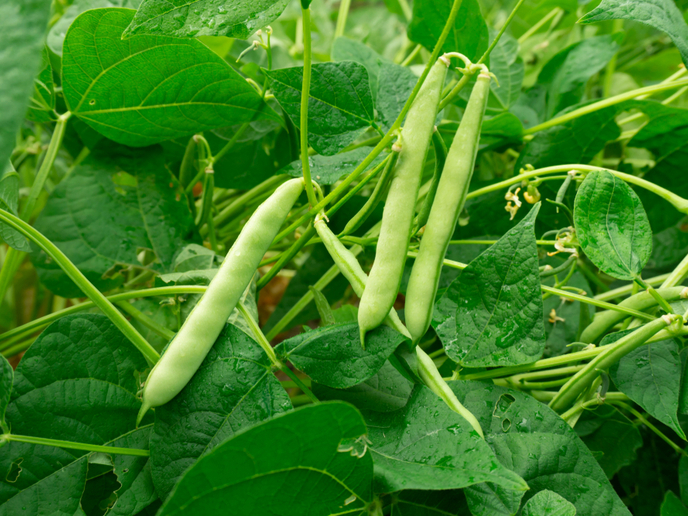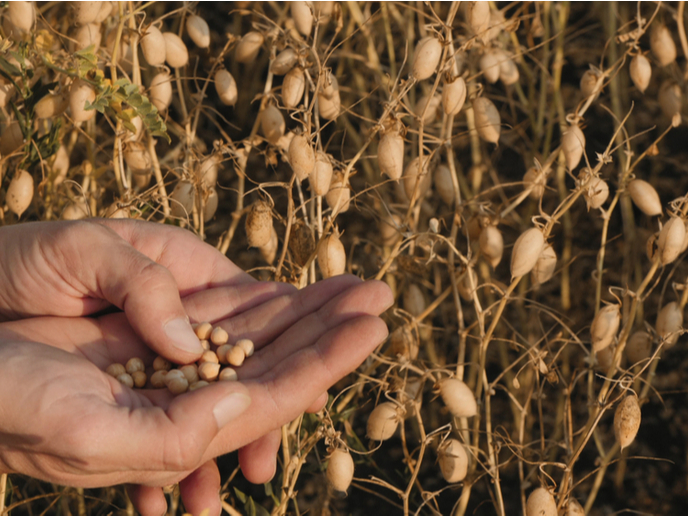Improved productivity in crops through identification of molecular pathways and knowledge exchange
Food security is a worldwide priority. In the face of population growth and a reduction in available arable land due to climate change, increasing food production is one of the greatest tests faced by humanity this century. The EU-funded ExpoSEED project addressed this challenge by applying different novel approaches to model and crop species to understand how to increase yield in cultivated species. “We identified key factors controlling inflorescence formation and seed development in distantly related species to help build nutritional security,” outlines project coordinator Raffaella Battaglia. The project represented an international and intersectoral consortium composed of nine partners from Germany, Spain, Italy, the Netherlands, Argentina, Australia, Colombia, Japan and Mexico. It comprised scientists from both the academic world and seed companies, working together on different plant species. “These included model species (A. thaliana), cereals such as rice, barley, bread wheat and durum wheat, and species belonging to the poppy, tomato and coffee families,” Battaglia explains.
Advancement through collaboration
ExpoSEED exploited this complementary expertise to transfer knowledge from different species and accelerate gene function discovery. “This aspect of the project was crucial,” Battaglia comments. “It will speed up gene function discoveries in those species where genetic redundancy and lack of molecular tools hamper the successful identification of genes that can be manipulated to improve crop yield.” One important result achieved by ExpoSEED involved a more complete overview of the molecular control of fruit and seed formation, thanks to the collaborative efforts of partners. “Identifying the molecular hubs connecting different pathways was highly significant, as this is crucial to understanding what can be manipulated to finally improve yield and limit the trade-off between yield components,” notes Battaglia. Studying A. thaliana provided detailed information on the molecular networks controlling carpel patterning, ovule determination, fruit size and seed production. “Interestingly, we have been able to clarify the crosstalk between key genes controlling carpel differentiation and the hormones metabolism,” Battaglia points out. In addition, project partners applied an evolutionary perspective, leading to detailed understanding of the molecular networks governing flower formation in species belonging the poppy, tomato and coffee families.
Multiple benefits
Besides publishing its results in leading peer-reviewed high-impact scientific journals, ExpoSEED also facilitated successful collaboration between science and industry. “It was exciting to build a network where knowledge acquired on a model species like A. thaliana was discussed and evaluated in crops. The challenge now facing plant science is to go deep into the details of gene function to overcome any possible ‘plateau’ that might hinder yield improvement,” Battaglia observes. The project was a Marie Skłodowska-Curie Research and Innovation Staff Exchange (MSCA-RISE) initiative. It provided both experienced and early-stage investigators the opportunity to work in top-class laboratories, increase their set of skills and transfer back the acquired knowledge to their home institution, while boosting their career development. ExpoSEED will also benefit the wider research community through the production of scientific knowledge and novel hypotheses that are currently under study. “In the long-term, the knowledge generated by ExpoSEED is a step forward to reaching food security,” concludes Battaglia.
Keywords
ExpoSEED, seed, gene, cereal, food security, molecular networks, Arabidopsis thaliana, plant science







